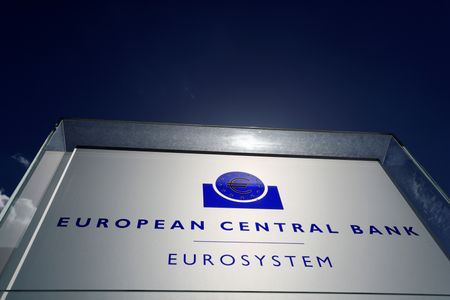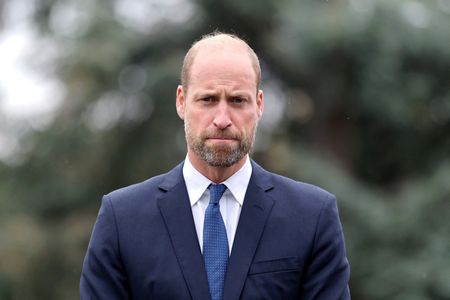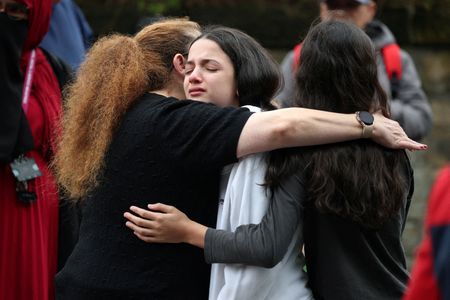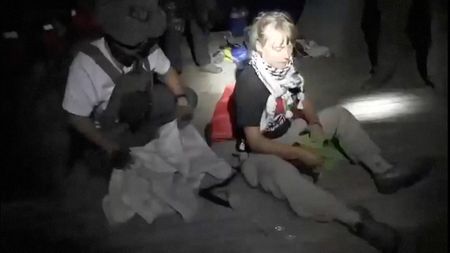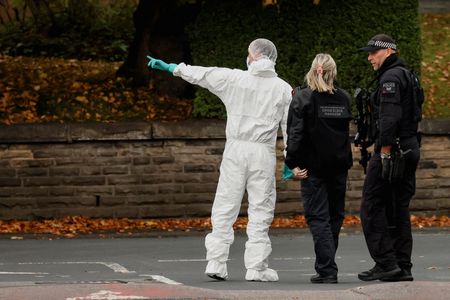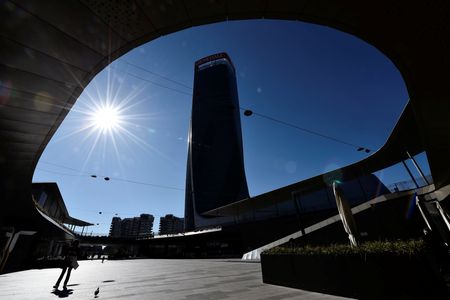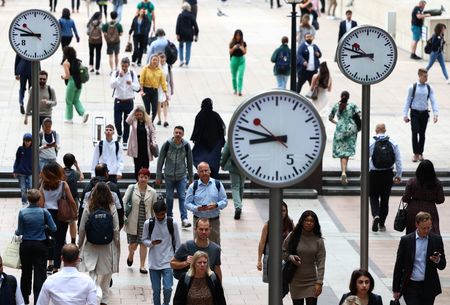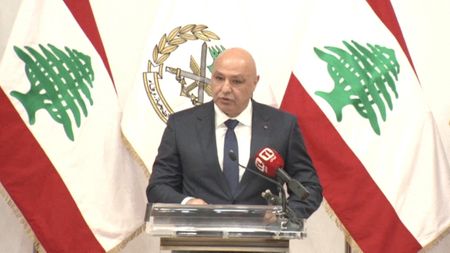By Forrest Crellin
PARIS (Reuters) -At least four LNG-laden tankers bound for the Zeebrugge LNG terminal in Belgium were either diverted or left idling during a 30-hour Greenpeace blockade to protest against European Union imports of Russian gas, LSEG data showed on Thursday.
Belgium is the second-largest European importer of Russian LNG, receiving 2.3 million metric tons over the first eight months of the year, behind France’s 4 million tons over the same period.
LSEG analysts said the Megara and the Rias Baixas Knutsen, both carrying cargo from the United States, and the LNG Phecda, carrying Russian gas, appeared to have changed course.
The Megara was heading south away from the port late Thursday, while the other two ships had spent the day idled, LSEG data showed.
The Arctic Voyager, coming from Norway, also remained idled off the coast of Belgium, the data showed.
POLICE ARREST PROTESTERS
The Arctic Voyager is now expected to arrive later Thursday evening, while the other three were expected over the course of the week, LSEG data showed.
Greenpeace started its action on Wednesday afternoon, using kayaks, life rafts and a sail boat to block the entrance of the terminal to protest against continued imports of Russian LNG to the European Union, despite Moscow’s war in Ukraine.
Police arrested the protesters in the evening and dispersed the blockade of the terminal after several warnings, Greenpeace said.
There was no impact on the operations or output flow of the terminal itself, Fluxys said.
Other ships carrying cargo not destined for the LNG terminal have not been interrupted, but needed to proceed with more caution due to the protests, a spokesperson for the Port of Antwerp-Bruges said.
The EU plans to ban Russian LNG imports a year earlier than envisaged as part of a 19th package of sanctions against Moscow following pressure from U.S. President Donald Trump.
(Reporting by Forrest Crellin in Paris, Alban Kacher in Gdansk, and Marwa Rashad in London. Editing by Mark Potter)


